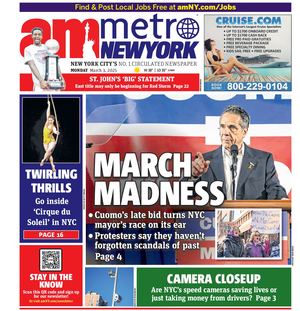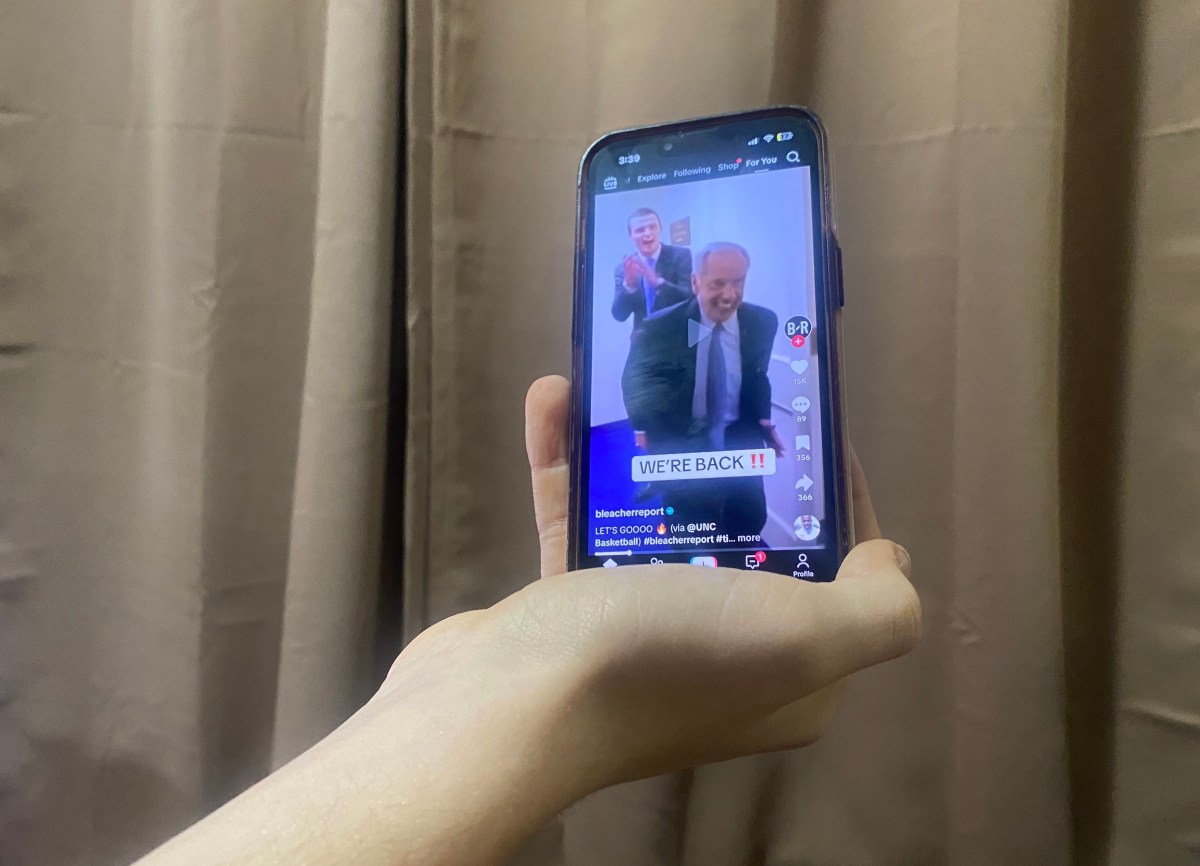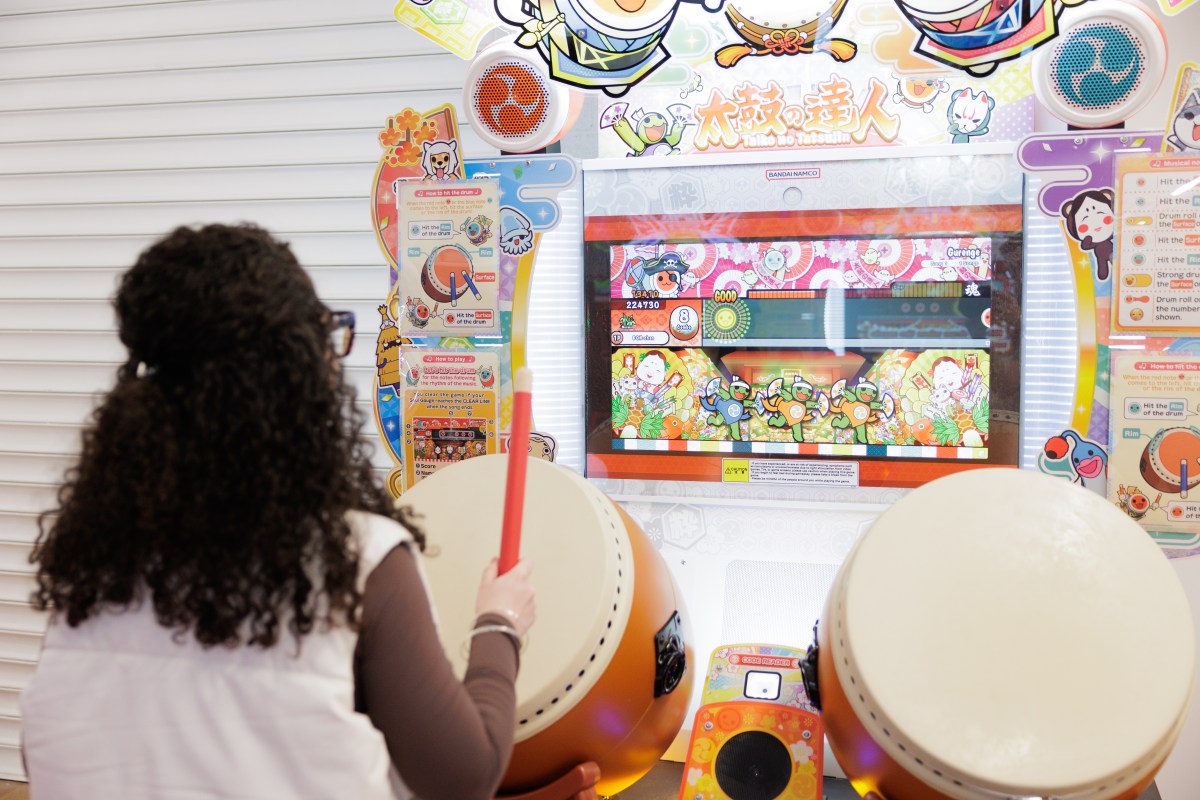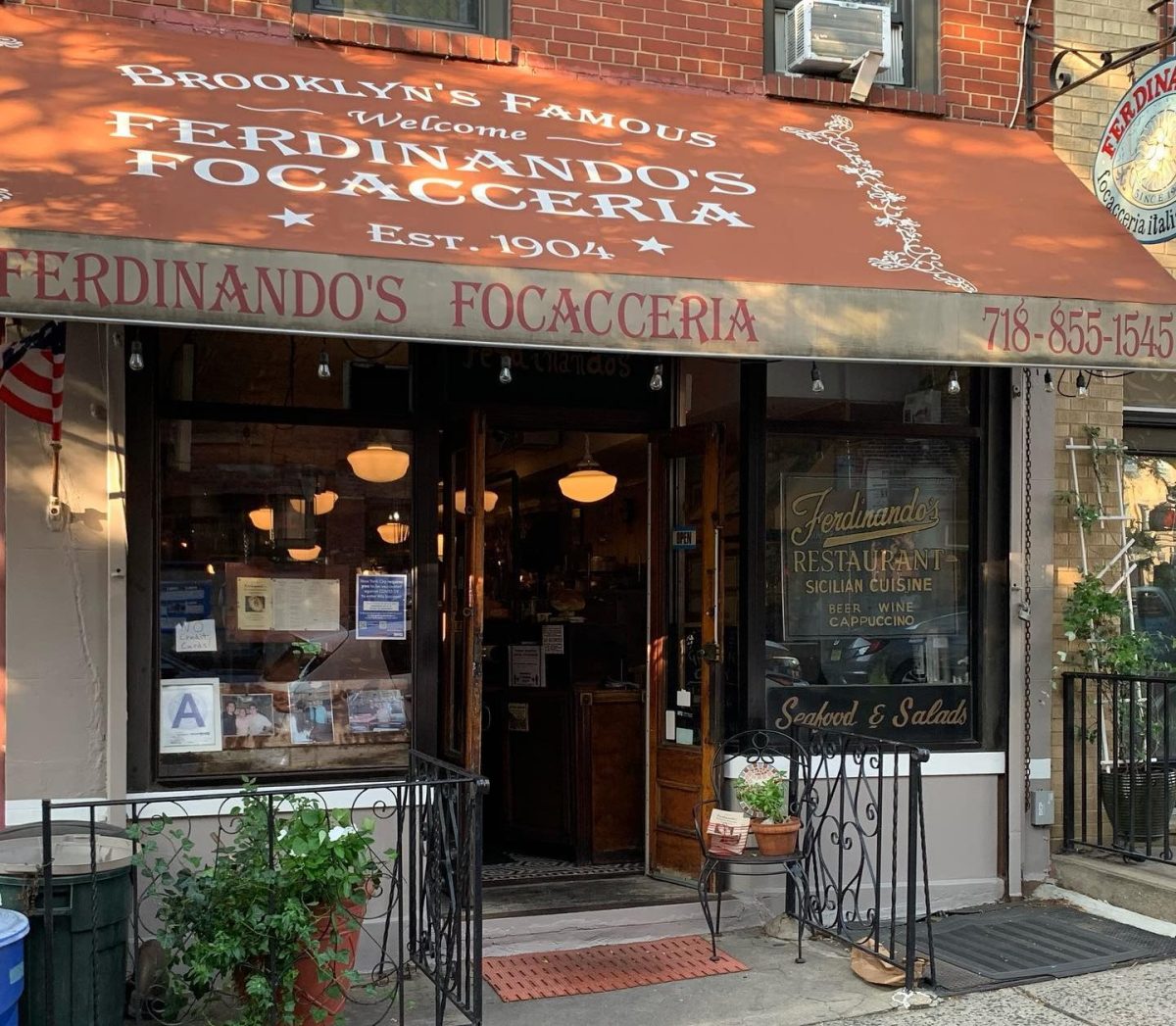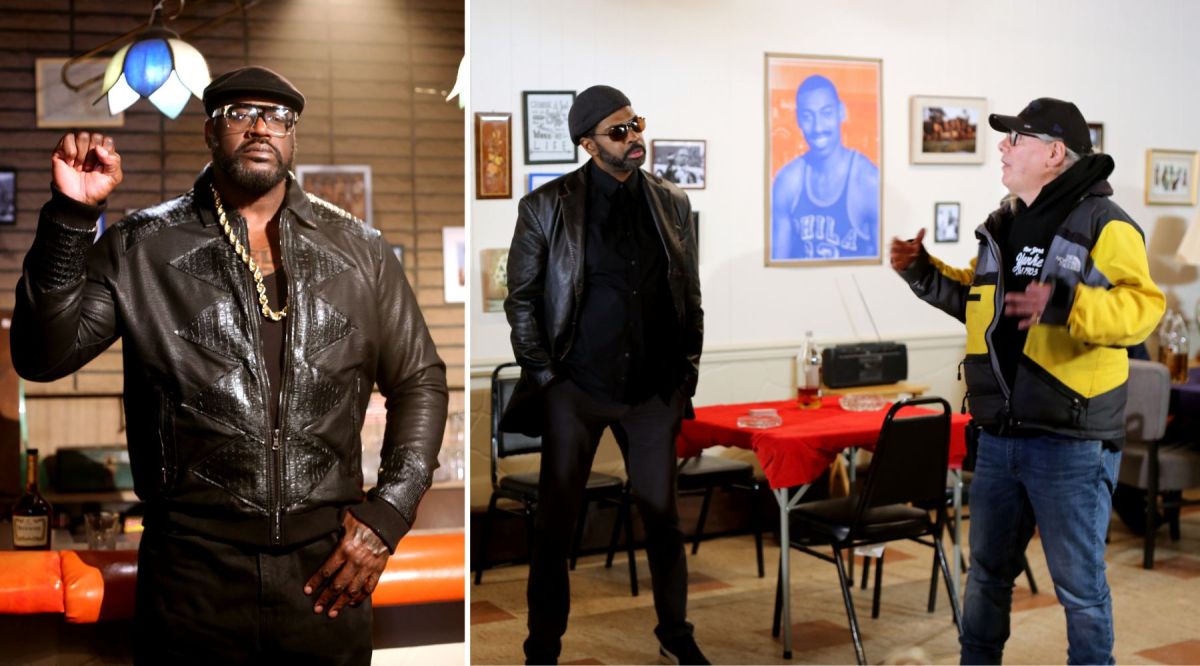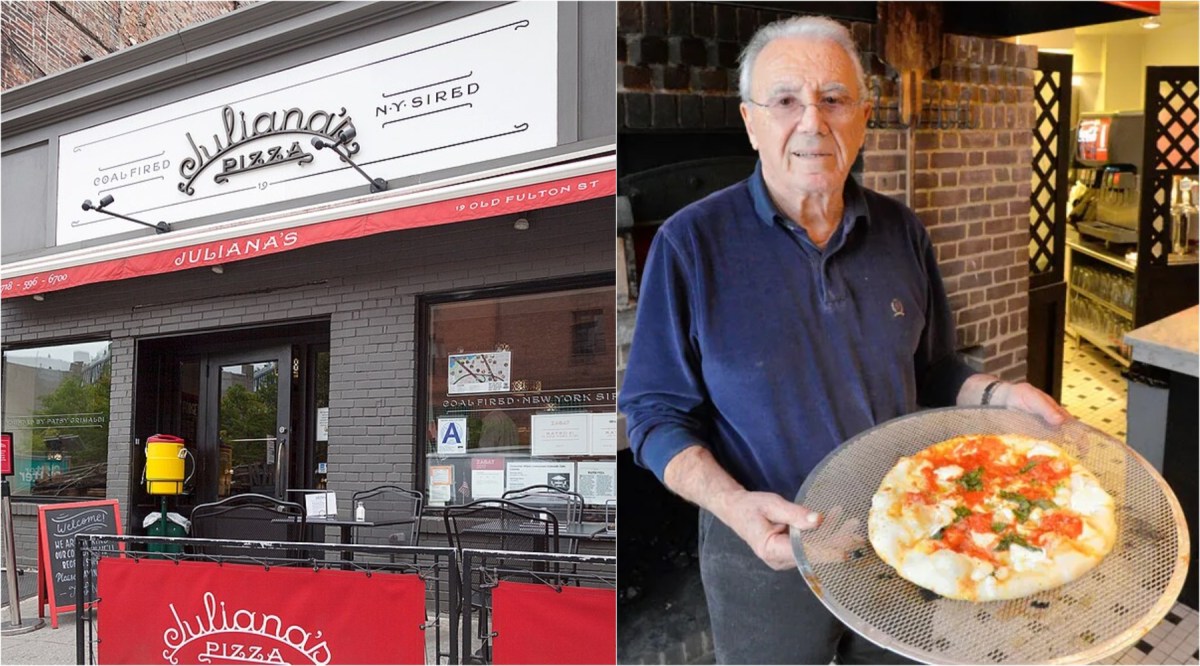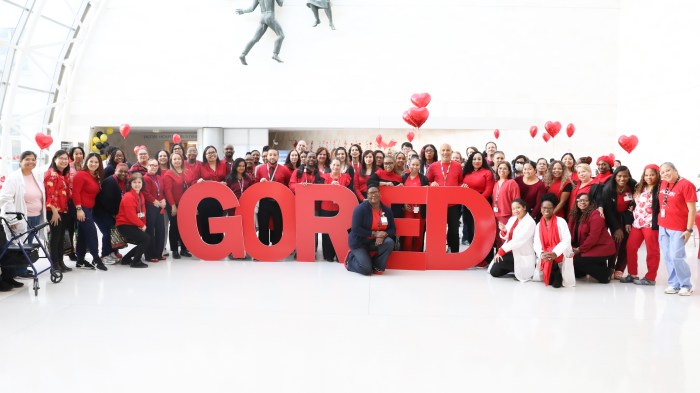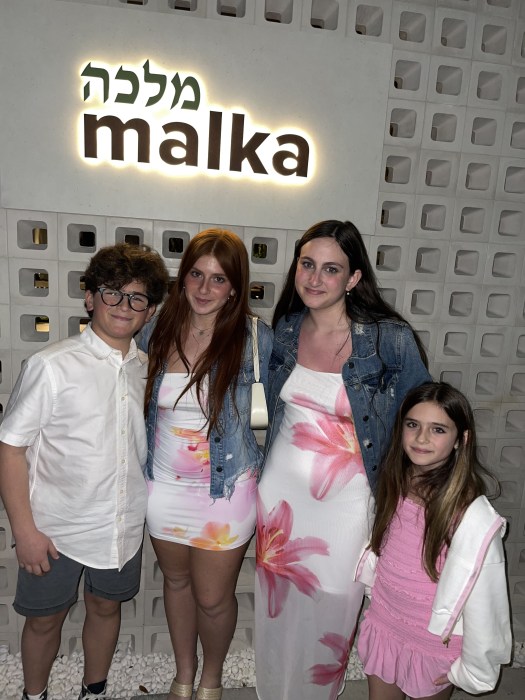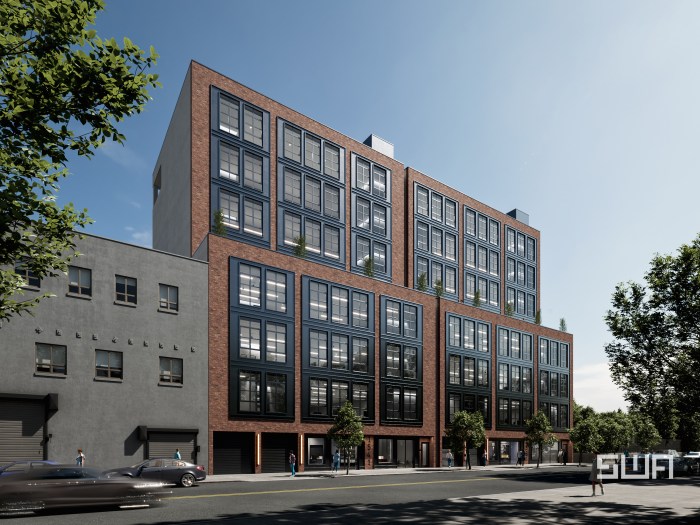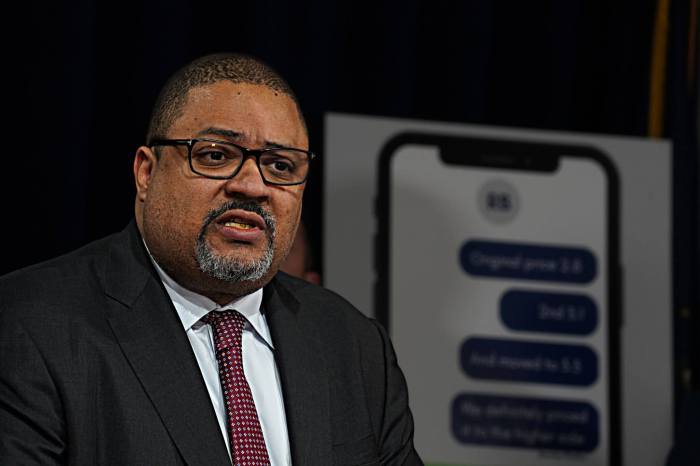NYC influencers and social media users welcomed TikTok back into their lives on Sunday after the popular, yet controversial, platform briefly shut down.
TikTok began restoring services on Jan. 19 following President-elect Donald Trump‘s announcement that he would lift the ban after he takes office Monday — with one condition.
“In agreement with our service providers, TikTok is in the process of restoring service,” TikTok said in a post on X. “We thank President Trump for providing the necessary clarity and assurance to our service providers that they will face no penalties providing TikTok to over 170 million Americans and allowing over 7 million small businesses to thrive.”
According to multiple reports, Trump said he would issue an executive order following his inauguration on Monday to lift the ban provided that the platform’s Chinese owner, ByteDance, sold half to a U.S. buyer.
U.S. Senator Kirsten Gillibrand of New York came out strong against the platform’s infrastructure, saying the app can easily spread misinformation, disrupt American life by making people “angry at each other” and pose a national security risk for the country, at least as it stands now under Chinese ownership.
“You’re taking a massive national security risk when you allow a potential foreign adversary to own critical infrastructure,” the senator said. “And I would argue to you that communications are critical infrastructure, and there’s indicia that China has already been impacting the algorithm.”
She underscored the importance of giving way to new ownership, not banning the social media app itself.
“It’s really simple. Sell the app to an American,” she said. “We don’t mind the app as it is. It’s the ownership. We are only worried about ownership, and we don’t want an adversary to have that. It’s just too much of a national security risk. I sit on the Intelligence Committee and the Armed Services Committee, so I’m very well versed on what our national security risks are.”
NYC influencers react to the ban and its lift from Trump
Politics aside, local influencers and small companies have their own thoughts on TikTok and its possible ban. Influencers of all backgrounds and interests have relied on social media, including TikTok, to build their brands and followings to support their livelihoods.
New York-based personality Kim Murstein has a strong social media presence on her page, Excuse My Grandma, with 444,000 followers and 16 million likes on TikTok.
“While I understand the concerns around data privacy and security, it’s hard not to feel like it’s also taking away a platform that’s been so important for creators, small businesses and communities to connect and grow,” she said.
She added that TikTok had been the foundation of where she has built her core audience.
“It’s been a place to release content in a way that feels authentic and relatable,” she said. “Losing it would be a massive adjustment not just for creators but also for brands and businesses that rely on the platform to engage with their audiences.”
Megan Marod, a NYC tour guide who has amassed 241,000 followers and over 4 million likes on her TikTok page, themegandaily, said her following is strong on multiple social media platforms. Because of her cross-promotion, a TikTok ban would minimally impact her livelihood, she said.
However, she noted TikTok’s features that make it unique from other forms of social media.
“From my vantage point, the TikTok algorithm offered quick growth and reach, which allowed smaller businesses and creators to gain visibility more quickly than other platformers offered,” she said. “In a way, maybe you could say the bar for entry was low or there was no gate-keeping.”
She also applauded TikTok’s search engine, which allows small businesses to appear in Google searches without spending a lot of money.
“A video could appear very high in a Google search, even if the creator had a small following,” she described. “This was great for small businesses trying to gain visibility and those who rely on affiliate links.”
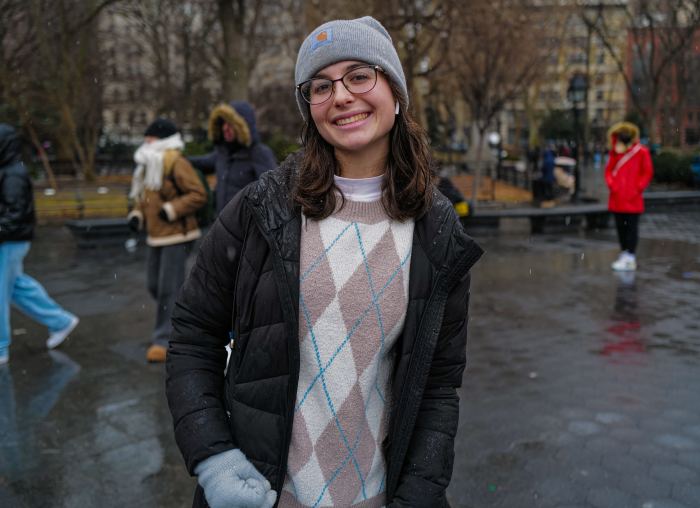
New Yorker Caroline Ritacco is not an influencer but said she enjoys scrolling TikTok. But a ban might “be good,” she said, adding that TikTok can be like “a drug” for many people.
“I was very apprehensive about it because it has become a part of my routine,” she said. “It’s like, the equivalent of a drug, I think, for a lot of people. So that’s why I was like, maybe this is this will be good, because it’ll force people to go outside more, to do more fulfilling activities with themselves.”
Read More: https://www.amny.com/business/
